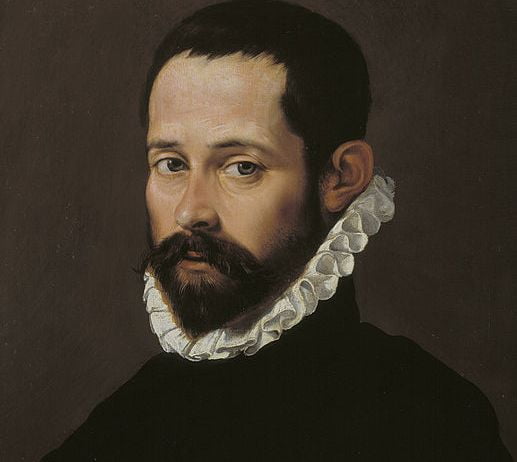86. Herodotus, the famous Greek historian, is said to have beer the son of Lyxes and Dryo, and was born at Halicarnassus in 484 B.C. Several Greek writers are known to have attacked him on the ground that he was biased in tavour of the Persians vis-à-vis his own countrymen. Judging by the work De Malignitate Herodoti, usually ascribed to Plutarch, their arguments were futile.
97. Lat. Aquilo, the north wind.
98. Lat. Septentrio, a north wind.
Monastic communities
89. The classical Acte, the famous mountain on the most easterly of the three peninsulas of Chalcidice in north-east Greece, the home of thriving monastic communities and known as the Holy Mountain.
90. Psellus here apostrophizes the emperor.
91. Not altogether fair. Constantine relied on the advice and judgment of such eminent men as Michael Cerularius, who became patriarch in 1043, Constantine Lichudes, and Psellus himself. His elevation of Romanus Sclerus was perhaps not so wise, but he could hardly be expected to foresee the rebellion of Maniaces to which Romanus directly contributed the cause.
There were personal reasons why this grandson of Bardas Sclerus was promoted: he was the brother of the new emperor’s mistress, Sclerena. At the beginning of the reign certain other changes took place: Michael V was sent to Chios, the Nobilissimus to Samos, the Guardian of the Orphans to Mitylene (perhaps to remind him of Constantine’s own sojourn there?).
92. Plotinus (A.D. 205-269) was one of the great neo-platonist philosophers. The facts of his life are known to us chiefly through the Vita of Porphyry prefixed to the Enneads, the series of essays in which Plotinus explains his doctrines.
93. Porphyry of Tyre (A.D. 232-c. 305) wrote voluminously on many subjects. Although not an original thinker himself, he is important because of his frequent references to older authorities.
94. Iamblichus was born at Chalcis, in Coele Syria, about A.D. 250. He enjoyed a reputation quite out of proportion to his real merit as a neo-platonic philosopher, for his main interests were in thaumaturgy.
95. Proclus flourished in the fifth century A.D. He was given the surname Diadochus, because it was comrnonly believed that he had inherited the mantle of Plato. Certainly his writings are extensive, and if one is to credit even a fraction of what his admirers attributed to him, he must have been a remarkable man.
96. The Epinomis, though usually ascribed to Plato, is really of doubtful origin. Diogenes Laertius (III. 37) hints that the author of the book was Philip of Opus who is said to hare transcribed the De Legibus of Plato.
Read More about Zoe and Theodora part 95








